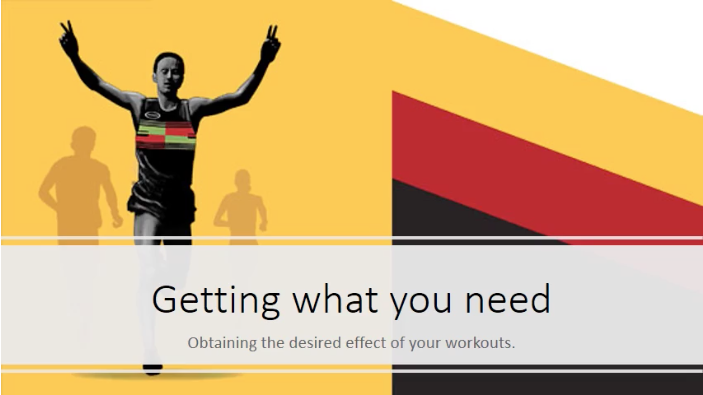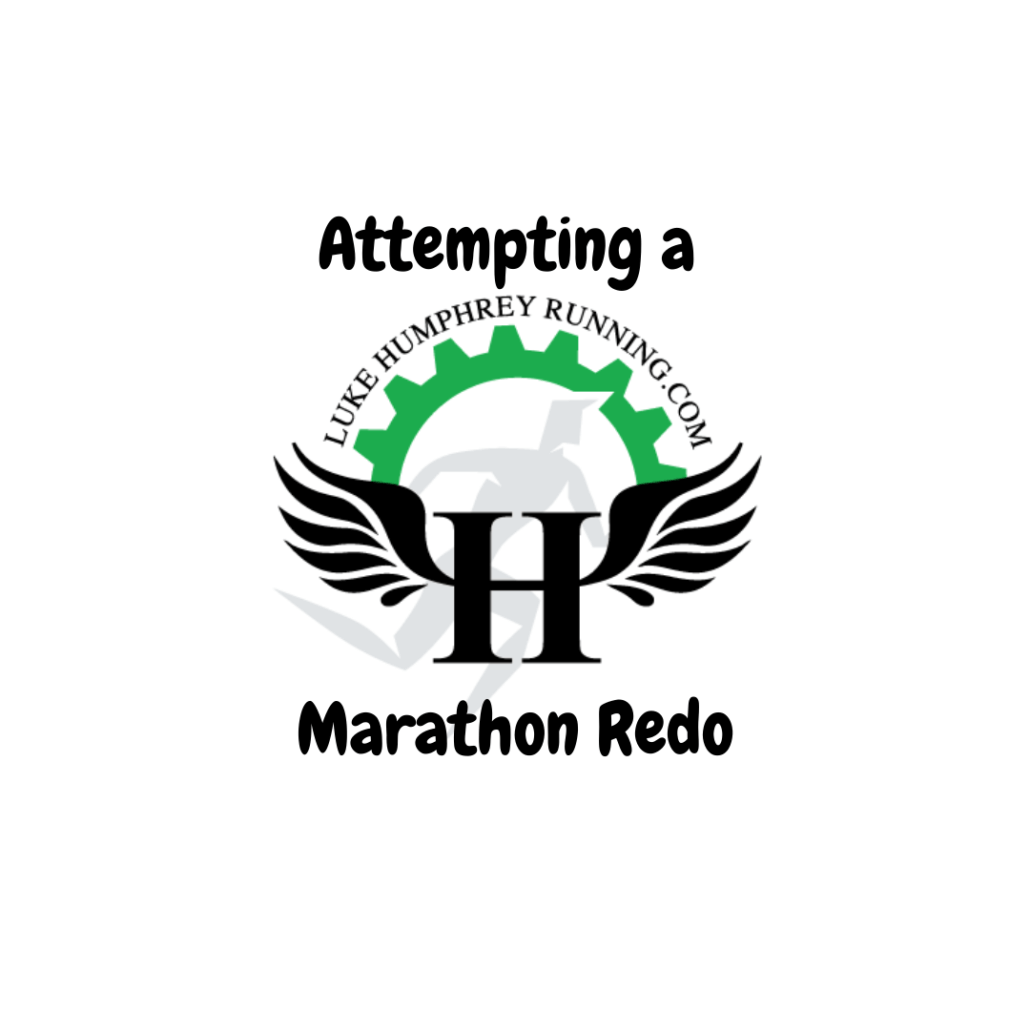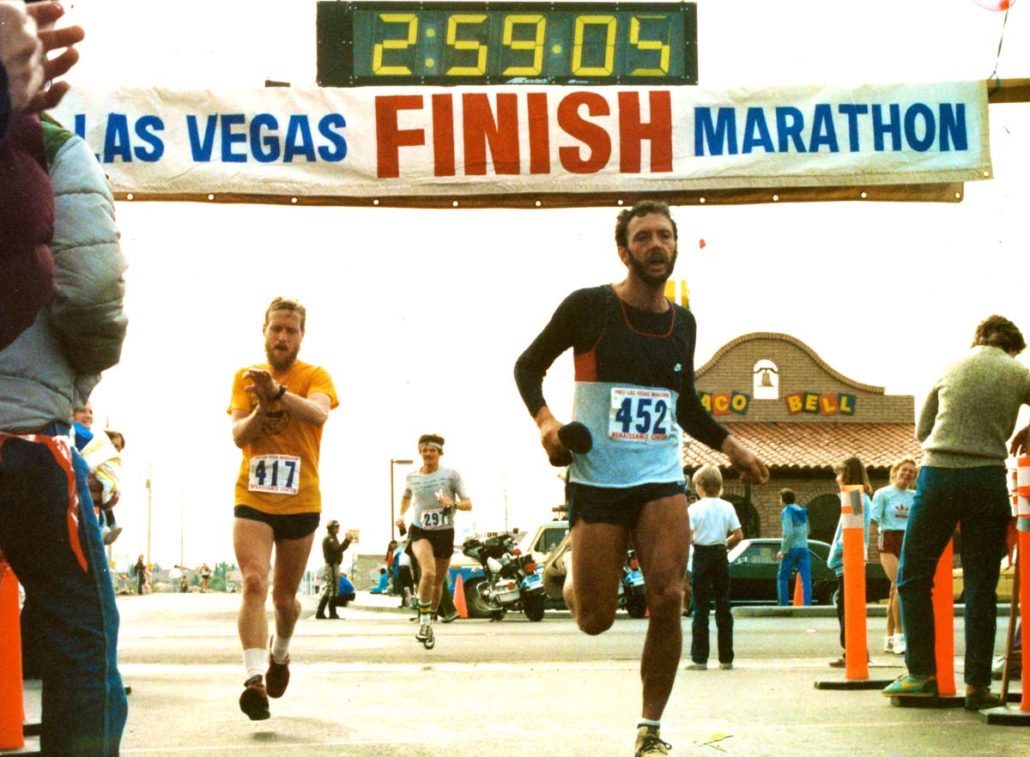Classifying your running

When I started running, it was in the mid 1990s and the first book I ever received was Galloway’s Book on Training (or Running, I don’t even remember). My cross country coach gave it to me to read. I only remember a couple of things about that book. One was the story about the bear jumping on your back (hitting the wall) and the stages of a runner. He had 5 stages ranging from Beginner, Jogger, Competitor, Athlete, and Runner. We are all familiar with the Beginner, Intermediate, Advanced, Elite. As I grew as a coach, especially by working with runners of all abilities, I realized that I was never quite comfortable with these classifications. It seemed like a lot of people just based their classification on how many races they have run. For instance, a person ran a few races, so classified themselves as an advanced runner. However, when looking at skill, competence, and ability, they were probably more of an intermediate. This definitely isn’t a knock on that person. It just is a disservice to that athlete when we go along with that and don’t provide them a training plan that will much better suit their needs.
So, I have struggled with how to classify runners, until now. I have juggled with labeling my own plans for people, but have gotten away from using Beginner, Intermediate, Advanced, etc in all my new plans. I have gone to a system of just using race distance, peak volume, and the number of weeks of the plan. Anyway, I had struggled until I came across a leveling system used by the folks providing my nutrition coaching certifications. It’s a simple breakdown, but it uses a number of data points to best fit an athlete into a level of 1, 2, or 3.
| Level 1 Runners | |
| Goals | Improve general athletic performance/recovery |
| Level of Perf. | Daily life, regular activity |
| Body Comp | Normal, sustainable |
| Training Load | <6 hours per week |
| Primary source | Running alone, maybe some XT |
| Knowledge | Low/moderate |
| Competence | Simple tasks |
| Consistency | 75%, may struggle |
| Mindset | Many questions, worries, lots of life distractions |
| Level 2 Runners | |
| Goals | High Recreational/amateur performance |
| Level of Perf. | Dedicated rec/amateur athlete |
| Body Comp | Lean athletic |
| Training Load | 6-12 hours per week |
| Primary source | Running, strength, mobility |
| Knowledge | Moderate |
| Competence | Complex tasks with instructions, simple tasks are easy |
| Consistency | 80%+ (easy tasks), complex completed 75% of time.
Base of sustainable habits |
| Mindset | Relatively confident, stay on task pretty well |
| Level 3 Runners | |
| Goals | Elite/Pro |
| Level of Perf. | Elite/internationally competitive |
| Body Comp | Extreme Leanness |
| Training Load | 12-20 hours/week |
| Primary source | Running, Strength, Mobility, Recovery modes, details |
| Knowledge | Expert |
| Competence | High, follow complex plans |
| Consistency | Any task- 90% completion. Base of habits/consistent
foundation |
| Mindset | Just Do, This is my life/job |
When you look at this, most people are going to fit into the level 1 or 2 zones. Few will be in 3 and even some of those people may not truly be in that level. At my peak ability, I was probably barely entering Level 3. To me, it lays out very clearly what it takes to reach certain levels of competition. I don’t expect every box to be checked to be in a category, but most should be. There will always be a few outliers, regardless of what is measured. I look at that and really focus on the amount of time I am putting into training, where that time is being spent on my training, the consistency, and what my knowledge base is. If you are on the bubble, from say a level 1 to a level 2, this can really be an eye-opener on where you need to be in order to make that next step. This system takes out the number of races you have run as a factor and places it in the amount of training and other areas we have mentioned.
At the end of the day, the system probably isn’t perfect. Nothing is, but I like the way it classifies and it gives us a much more accurate picture of where we are at in terms of ability. It doesn’t say you have to be running for 20 years to be called a runner. If you run, you’re a runner. And as a coach, it shows me where you are at and what you might struggle with. So if you are a level 1 runner, I now know that I can’t just throw out workouts and expect that you know how to execute them. I am going to have to build your running knowledge base. I am going to have to expand your habits base. That’s where you will see the most improvement, especially if the time allowed to train isn’t at a point where you’ll be able to just add more volume. If you are going alone, it gives you a much better data set to choose what plan would best fit you.





Hey! Pretty cool. I just posted the blog to the general site and it shows up in the feed. Kewl Beans.